sites.lsa.umich.edu/tarazlee-lab/

Errors of attention adaptively warp spatial cognition
www.nature.com/articles/s41...
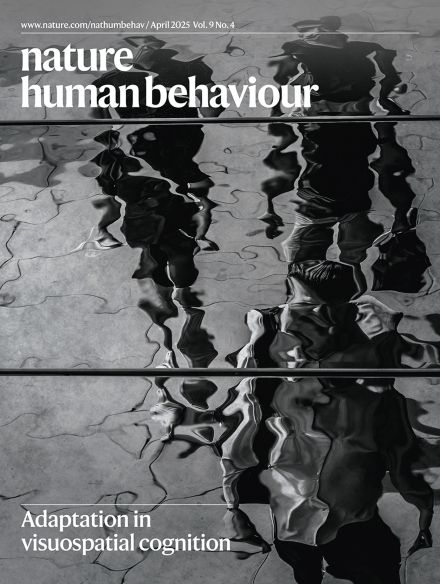
Errors of attention adaptively warp spatial cognition
www.nature.com/articles/s41...
course of the experiment, participants’ working memory recall dramatically shifted to counteract the attentional error. The timecourse of this adaptation is strikingly similar to observed in saccade and other sensorimotor adaptation paradigms.
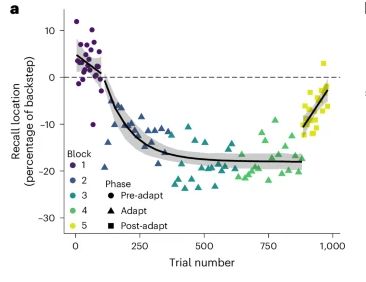
course of the experiment, participants’ working memory recall dramatically shifted to counteract the attentional error. The timecourse of this adaptation is strikingly similar to observed in saccade and other sensorimotor adaptation paradigms.
assess whether internal spatial representations adaptively shifted to counteract these errors.
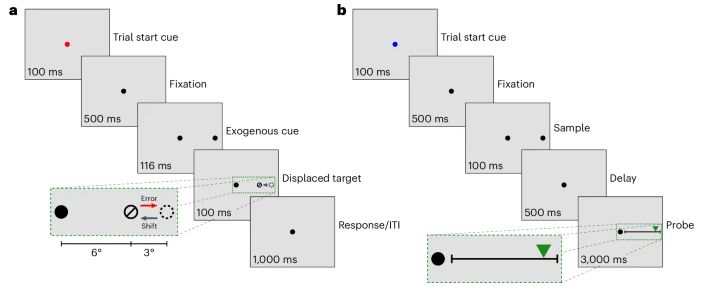
assess whether internal spatial representations adaptively shifted to counteract these errors.
(Figure from Albert et al., 2012)
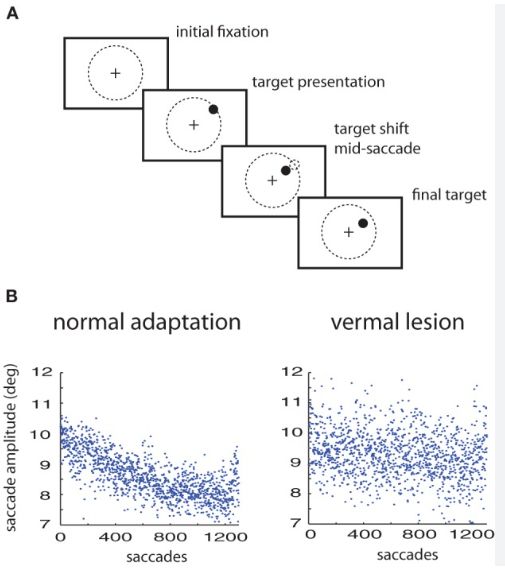
(Figure from Albert et al., 2012)
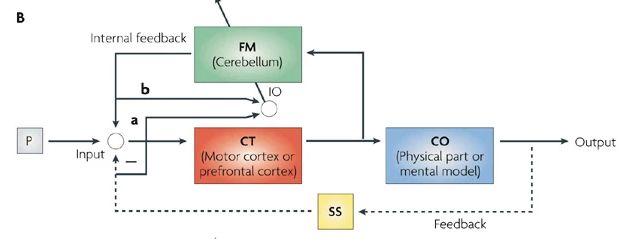




Congrats again to the other early career awardees!
@kimberlychiew.bsky.social @brookemacnamara.bsky.social @amybelfi.bsky.social
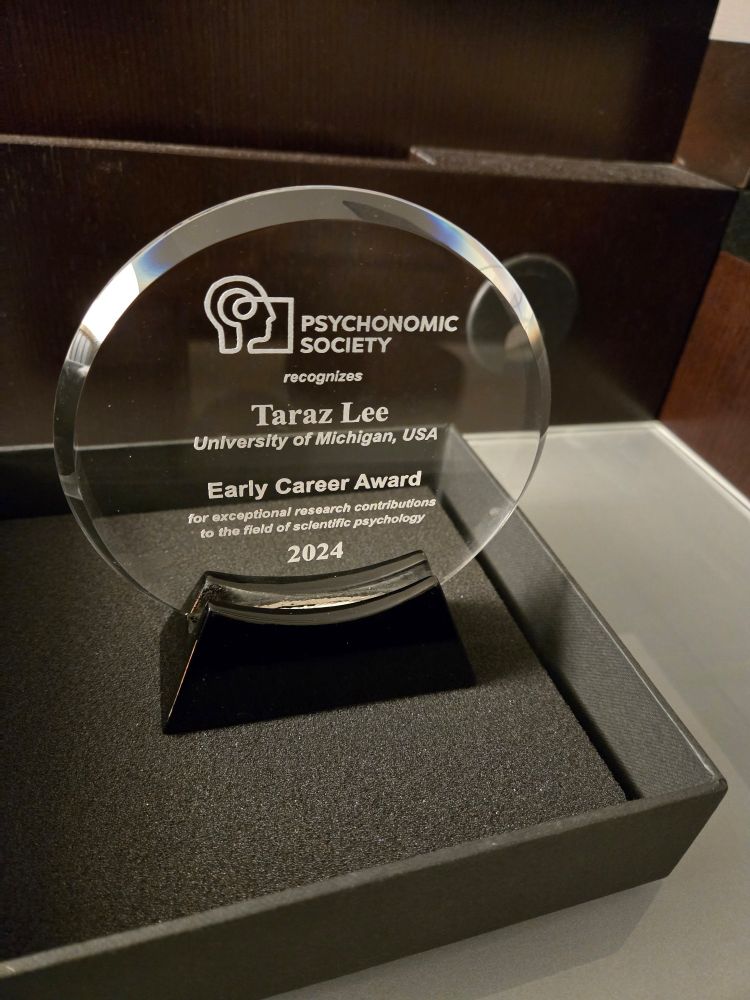
Congrats again to the other early career awardees!
@kimberlychiew.bsky.social @brookemacnamara.bsky.social @amybelfi.bsky.social


